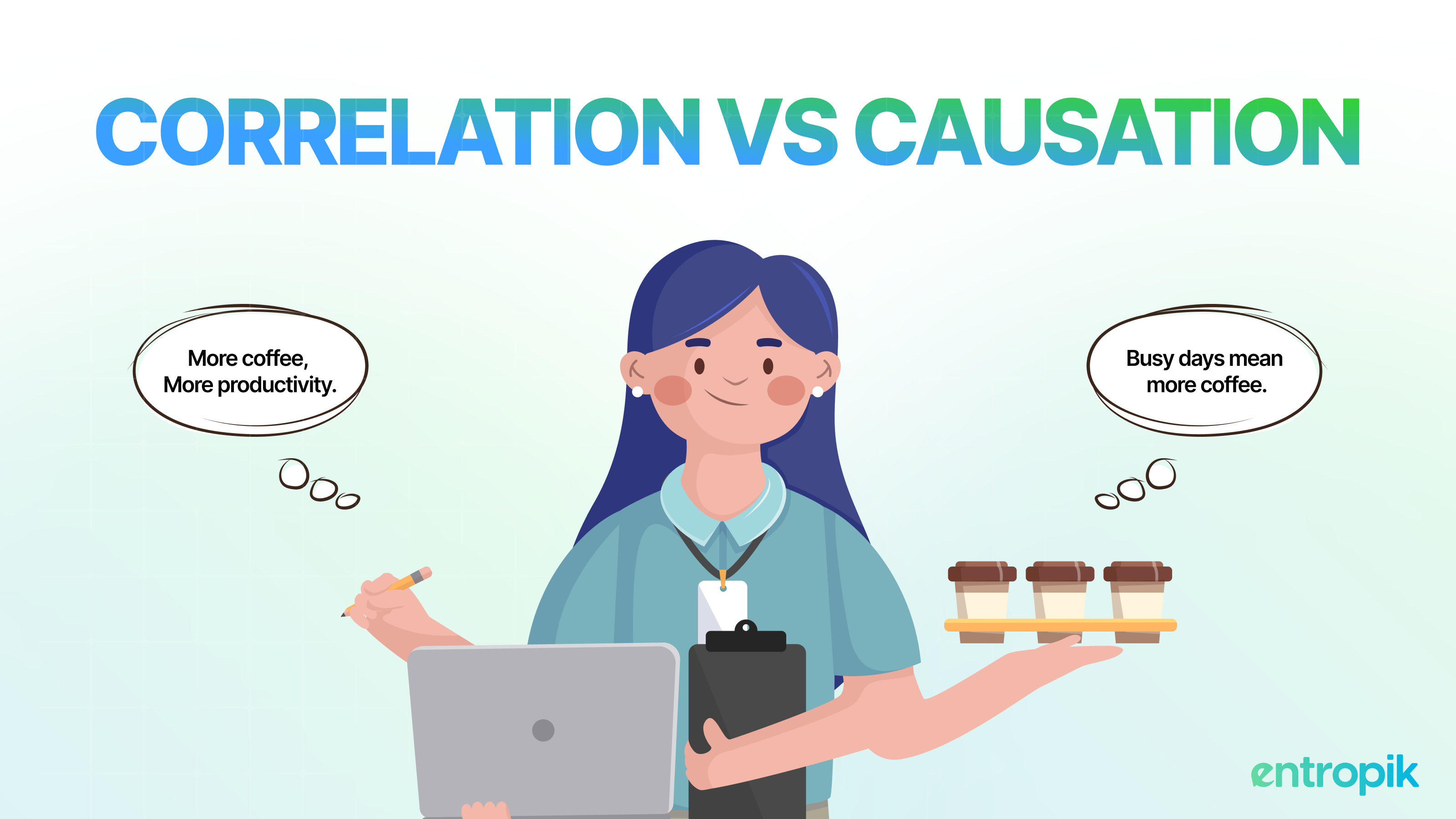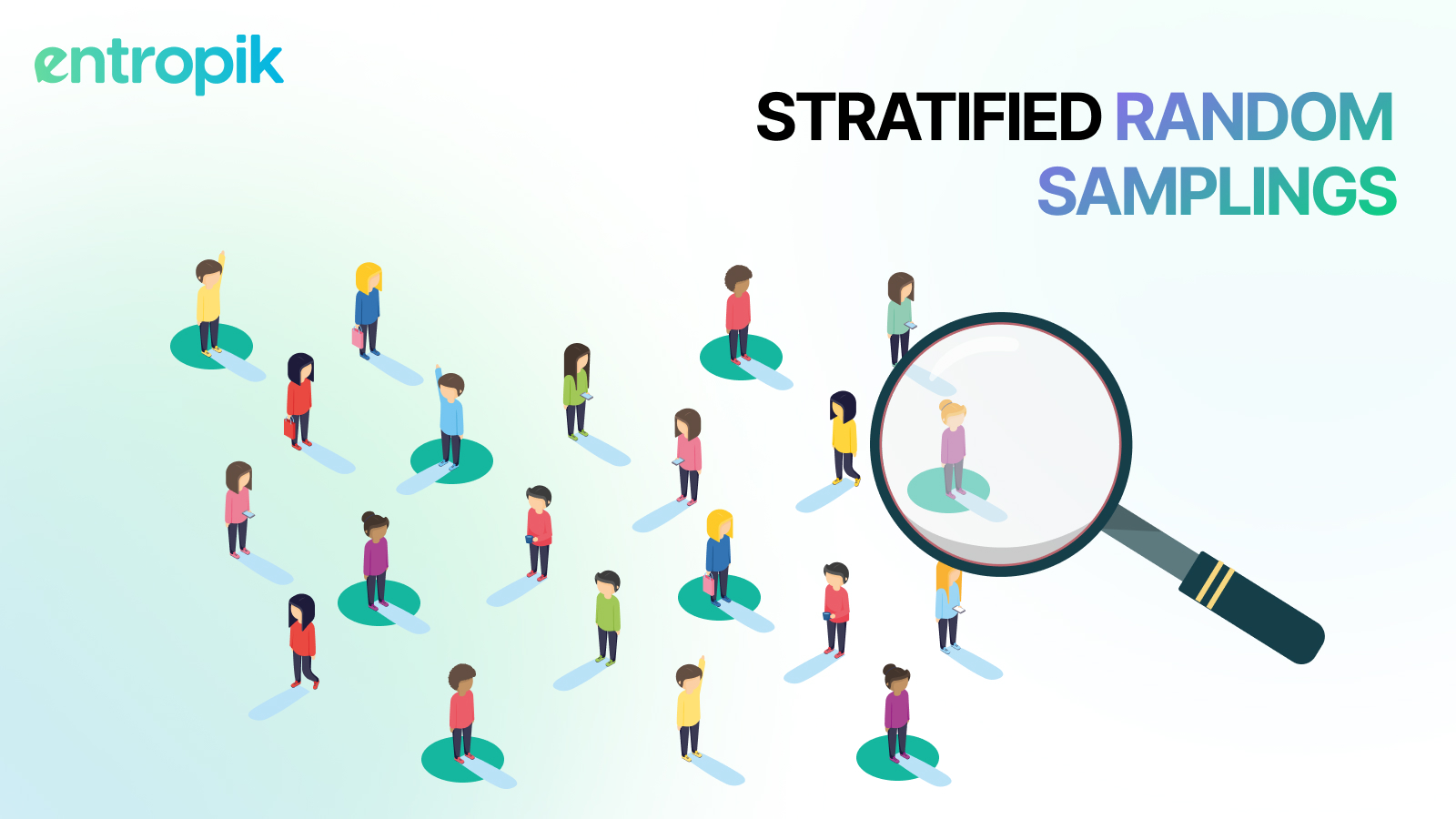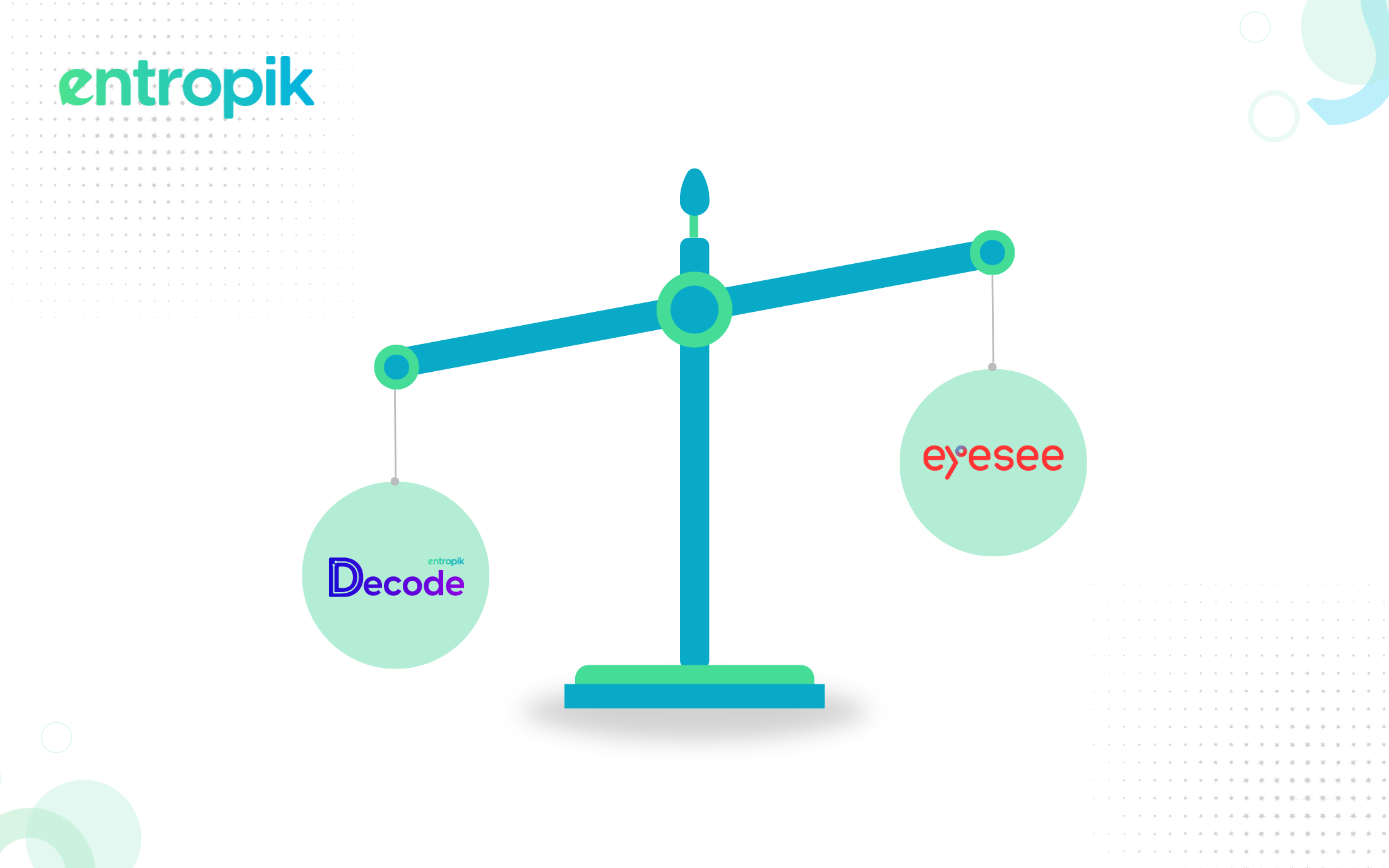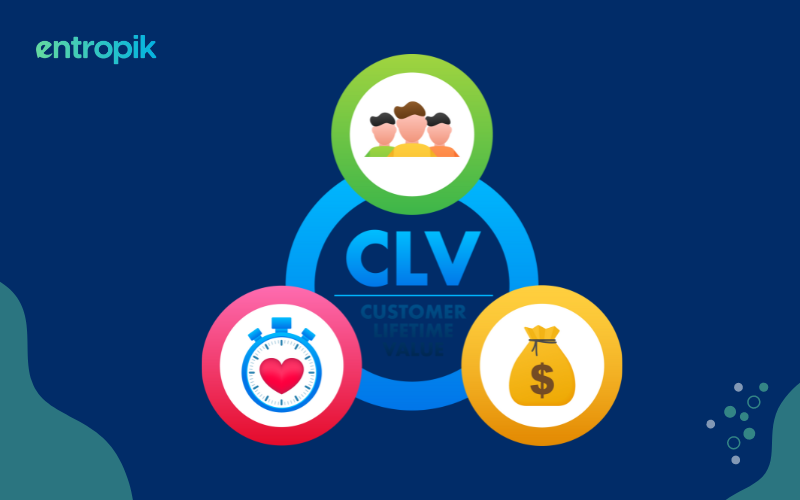Consider this situation – a budding entrepreneur, Emily, invested a significant portion of her savings in creating an innovative product. Excitement and anticipation filled the air as she launched her advertising campaign. However, to her dismay, the response fell short of expectations. Emily soon realized the missing link – she hadn't delved deep into understanding her target audience and the advertising market before launching the campaign.
The marketing budget spent on advertising is growing each year and is expected to grow to $322 billion in 2024. In this case, cutting through the noise is not easy, and being effective means understanding your audience and the market is paramount. Launching an advertising campaign without knowing your target audience's preferences or market trends is like setting sail without a compass. You don’t know where you are going to land or if you are going to land at all. This is where advertising market research comes into play and helps brands in shaping successful marketing strategies and campaigns.
Understanding Advertising Market Research
Advertising research, often interchangeably referred to as ad research or research in advertising, is the answer to navigating changing consumer preferences and market dynamics. It forms the backbone of informed decision-making in advertising and marketing.
At its core, advertising market research is the systematic gathering, recording, and analyzing of data related to advertising and marketing activities. It involves a series of methodologies and techniques aimed at understanding consumer preferences, market trends, competitor strategies, and the effectiveness of advertising campaigns.
The Three Pillars of Marketing Research
When delving into advertising research, it's essential to understand the broader scope of marketing research, which encompasses three main activities:
Descriptive Research: This involves gathering data to describe marketing phenomena, such as consumer demographics, product usage, or market size. Descriptive research provides valuable insights into the characteristics of your target audience and market segment.
Diagnostic Research: Diagnostic research aims to identify the factors that contribute to specific marketing outcomes or problems. It helps uncover the root causes behind consumer behaviors, brand perceptions, or advertising effectiveness.
Predictive Research: Predictive research utilizes statistical techniques and models to forecast future marketing trends, consumer preferences, or business performance. By extrapolating from existing data, predictive research helps businesses make informed decisions and anticipate market changes.
Navigating the Advertising Market Research
Advertising market research goes beyond just gathering data; it's about transforming information into actionable insights. This transformative power is crucial for businesses seeking a competitive edge in the advertisement market. It involves answering pivotal advertising research questions, such as:
- Who is the target audience, and what are their preferences?
- What are the prevailing market trends in the advertising domain?
- How effective are current advertising strategies, and what improvements can be made?
- What platforms and channels resonate most with the target audience?
Advertising research provides answers to these crucial questions, helping you fine-tune your campaigns for maximum impact. By conducting surveys, focus groups, A/B tests, or In- Context Testing, you can gather feedback on your ad creatives, messaging, overall campaign strategy, and how ads will perform on different platforms. It allows you to test different variations of your ads, identify strengths and weaknesses, and optimize your marketing efforts for better results.
The advertisement market, constantly evolving with technological advancements and changing consumer behavior, demands a thorough understanding of the audience's psyche. Advertising market research provides a means to do that effectively. By analyzing market trends, competitor activities, and consumer behaviors, you can gain a strategic advantage and position your brand for growth.
Let's say you're operating in the highly competitive smartphone market. Through advertising market research, you can uncover valuable insights into consumer preferences, such as feature preferences, price sensitivity, or brand loyalty. Armed with this knowledge, you can tailor your advertising strategies to resonate with your target audience and differentiate your brand from competitors.
{{cta-button}}
Crucial Advertising Research Questions
Market research in advertising is not a one-size-fits-all endeavor. It requires a holistic approach, considering various facets such as consumer demographics, psychographics, and behavioral patterns. As you embark on your advertising research journey, it's essential to ask the right questions. Here are some key questions to consider:
- Who is your target audience? Understanding the demographics, psychographics, and buying behaviors of your target audience is paramount for effective advertising.
- What are your competitors doing? Analyzing competitor advertising strategies can provide valuable insights and inspiration for your own campaigns.
- Is your message clear and compelling? Testing your ad creative and messaging can help ensure that your message resonates with your audience and drives the desired action.
- Are your advertising channels effective? Evaluating the performance of different advertising channels (e.g., social media, TV, print) can help you allocate your marketing budget wisely and maximize ROI.
- How do consumers perceive your brand? Conducting brand perception studies can help you understand how consumers view your brand and identify areas for improvement.
By addressing these questions through advertising research, you can make data-driven decisions that enhance the effectiveness and efficiency of your advertising campaigns.
Advertising and Marketing Research in Synergy
There is a definite synergy between advertising and marketing research. While advertising research focuses on the effectiveness of specific campaigns and strategies, marketing research takes a broader view, encompassing product development, pricing, distribution, and promotion. When these two disciplines collaborate, businesses gain a comprehensive understanding of their market, enabling them to craft integrated and effective advertising strategies.
Challenges and Innovations in Advertising Market Research
Navigating the Digital Landscape: As the advertising landscape evolves, so does the way we conduct research. The digital age has ushered in new challenges and opportunities. With an array of online platforms and an ever-connected consumer base, navigating the digital landscape requires innovative approaches to capture accurate and relevant data.
Data Privacy and Ethics: In an era where data is a prized commodity, ensuring the ethical and responsible use of consumer information is paramount. Advertising market research must navigate the delicate balance between gathering valuable insights and respecting individuals' privacy rights.
Emerging Trends in Advertising Research: From artificial intelligence-driven analytics to immersive virtual experiences, the landscape of advertising market research is continually evolving. Keeping abreast of these emerging trends is essential for businesses aiming to stay ahead in the competitive marketplace.
The Future of Advertising Market Research
Data-Driven Decision-Making: The future of advertising market research is undeniably tied to the power of data. With advancements in technology, businesses have unprecedented access to vast amounts of data and the information it contains. Harnessing this data for actionable insights will be a key driver for successful advertising campaigns in the years to come.
Integration of Qualitative and Quantitative Research: The marriage of qualitative and quantitative research methodologies is another trend shaping the future of advertising market research. While quantitative data provides the numbers, qualitative insights offer a deeper understanding of consumer motivations and perceptions. Decode is an example of a consumer research platform that is already paving the way in this regard.
Globalization of Advertising Research: In an interconnected world, businesses are expanding beyond geographical boundaries. This shift towards globalization necessitates a nuanced understanding of diverse markets, cultures, and consumer behaviors. Advertising market research will play a pivotal role in helping businesses tailor their strategies to resonate with a global audience.
Conclusion
Advancements in technology have revolutionized the field of advertising market research. Traditional methods, such as surveys and focus groups, now coexist with innovative approaches like social media analytics, artificial intelligence, and machine learning. This evolution reflects the necessity for businesses to embrace cutting-edge tools that offer real-time insights into consumer behavior and market trends.
It's not just about understanding your audience; it's about anticipating their needs, adapting to market dynamics, and crafting campaigns that resonate on a profound level. Remember that advertising research is not a one-time activity but an ongoing process that ensures your strategies remain relevant and impactful. Advertising market research not only helps your campaigns capture attention but also provides an opportunity to make them unforgettable to your audience.
{{cta-button}}














.jpg)
























































































